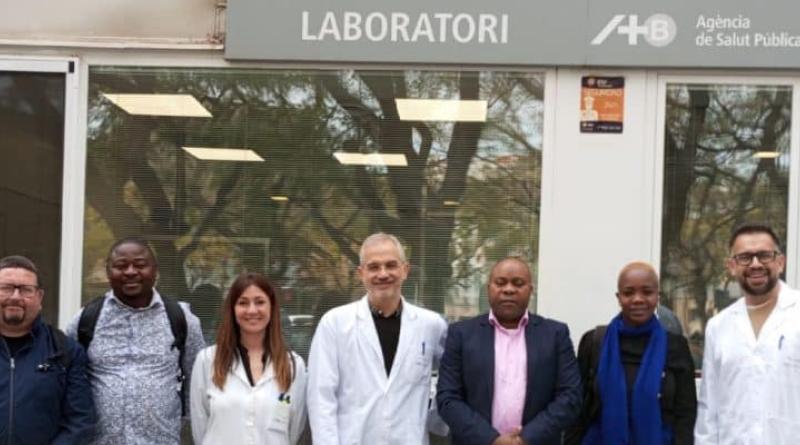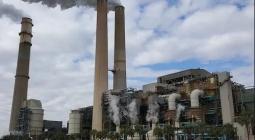MOZAMBIQUE: agents trained to interpret air quality data

The city of Maputo now has municipal officers who can interpret air quality data. Their training, which lasted a month in Barcelona, Spain, will help to step up the fight against air pollution in Mozambique.
Decentralised cooperation between Barcelona in Spain and Maputo in Mozambique is on the up. The two cities have decided to work together in a number of areas, including environmental protection and climate action, with a view to achieving the 17 Sustainable Development Goals (SDGs) by 2030. To this end, local authorities in the Mozambican capital have benefited for a month from Catalan expertise in the fight against atmospheric pollution.
They were trained specifically in “interpreting air quality data”. Theoretical and practical rudiments needed to better understand the equipment calibration process, analyse toxic particles (PM10 and PM2.5) in real time and thus limit the impact of pollution on health and the environment in Mozambique’s urban centres, which are increasingly exposed to vehicle exhaust and cooking fumes.
Prevention is better than cure…
The training, co-financed by the European Union (EU) and the Spanish Agency for International Development Cooperation (AECID), comes at just the right time, as this East African country has just acquired eleven air quality measurement stations, ten of them fixed and one mobile. The Barcelona trainees will also help extend this network (50 stations) in the Mozambican provinces of Sofala, Tete and Nampula. The aim is to “increase the volume and processing of data collected, which is essential for scientific research and decision-making”, says the Covenant of Mayors for Sub-Saharan Africa (CoM SSA), which is supporting the initiative.
Mozambique does not appear often in the Top 10 of the most polluted countries, which are Chad, the Central African Republic (CAR), Niger, Burkina Faso and Somalia. However, Maputo remains vigilant to avoid nutritional and reproductive problems among wildlife, as well as human illnesses (eye irritation, runny nose, asthma and lung cancer) caused by poor air quality in cities.



